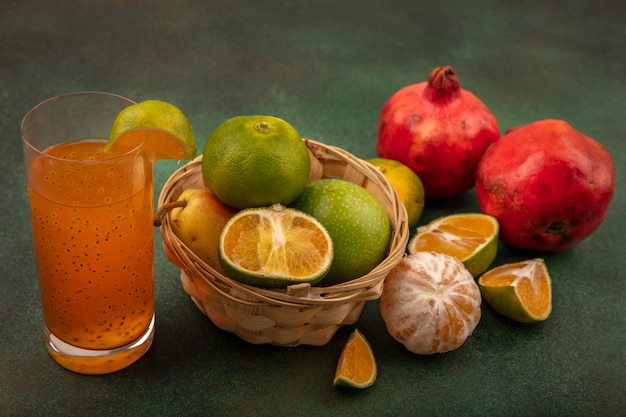Fermentation is an age-old practice. Fermented foods include pickles which can be easily included in your diet.
Fermentation is when microorganisms like yeast, fungi, or bacteria break down the organic compounds in food into acids or alcohol. This process converts sugars and starches into beneficial compounds. Common fermented foods include yeast, yogurt, vinegar, and pickles.
Fermentation can be classified into two types: lactic acid fermentation and alcoholic fermentation. Alcoholic fermentation is used to make products like wine, beer, and bread. Lactic acid fermentation, on the other hand, converts glucose and sugar into energy and metabolic lactate, as seen in yogurt.
Fermentation offers several benefits:
1. Preservation: It helps preserve food and extend its shelf life, like with pickles. Before refrigerators, people used fermentation to enjoy seasonal vegetables year-round.
2. Aids Cooking: Fermented foods are easier to cook and digest, reducing cooking time and energy use.
3. Enhances Taste: Fermentation often improves the flavor of food, making it more enjoyable.
4. Produces Carbon Dioxide: For example, yeast fermentation produces CO2, which helps bread rise and adds fizz to carbonated drinks.
Benefits of Eating Fermented Foods:
1. Good for the Gut: Fermented foods contain probiotic bacteria that improve gut and overall health by aiding digestion and boosting the immune system.
2. Pre-Digested Food: Fermentation breaks down sugars and starches, making food easier to digest. This is why people with lactose intolerance can often eat yogurt and cheese.
3. Boost in Nutrients: Fermentation increases the nutrient content, adding vitamins and minerals, and helping produce B vitamins and other beneficial compounds.
4. Builds Immunity: A healthy gut is essential for a strong immune system. Fermented foods help maintain good bacteria, preventing illnesses.
5. Removes Anti-Nutrients: Fermentation eliminates harmful compounds like phytic acid, enhancing nutrient absorption.
6. Enhances Mood: There’s a gut-brain connection, so a healthy gut can improve mood and mental function.
Things to Consider When Buying Fermented Foods:
1. No Added Sugar: Avoid fermented foods with added sugars and check labels carefully.
2. Opt for Organic: Organic foods are free from harmful chemicals and are more nutrient-rich.
3. Minimal Alcohol: Ensure fermented foods don’t have high alcohol content, as it can be harmful.
4. Include Fat: Pair fermented foods with fat-laden meals to improve digestion and nutrient absorption.
5. Avoid Pasteurization: Pasteurization can kill good bacteria and enzymes, so choose unpasteurized options when possible.
To conclude, many people rely on antibiotics and medications to improve their health, but maintaining a healthy gut is crucial. Eating probiotic foods boosts the good bacteria in your gut, which can improve your overall health. Take care of your gut, and the rest of your body will benefit.







